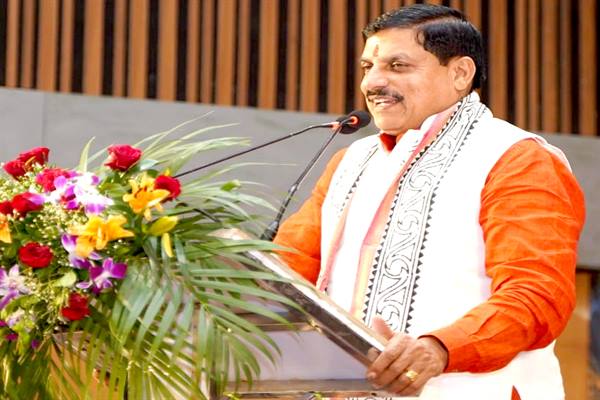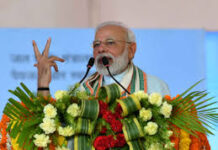
Chief Minister Dr. Mohan Yadav has described as remarkable the central government’s decision to lift the ban on the export of non-basmati rice saying that it would be a great relief to the country’s rice producers.
Dr. Yadav praised the decision noting that under Prime Minister Narendra Modi’s leadership, it is a historic move towards strengthening agricultural exports, which would help farmers in the country and Madhya Pradesh establish their identity in the international market.
In the last 10 years, starting from 2015 to 2024, rice exports from Madhya Pradesh has touched Rs. 12,706 crore, with the highest export of ₹3,634 crore in the current year alone.
According to a notification issued on September 28 by the Directorate General of Foreign Trade under the Ministry of Commerce and Industry, Government of India, a minimum export price of $490 per ton has been fixed for the export of non-basmati white rice.
Additionally, the export duty on parboiled and brown rice has been reduced from 20% to 10%, which will enable farmers to gain even more from the international market.
This decision by the Central Govt. will benefit farmers in the rice-producing regions of Madhya Pradesh.
The major rice-producing areas in the state include Jabalpur, Mandla, Balaghat, and Seoni, known for cultivation of high-quality organic and aromatic rice.
Notably, the aromatic rice from the tribal areas of Mandla and Dindori, as well as Chinnaur rice from Balaghat, have received GI tag.
This recognition has made the rice popular in the international market.
Key export markets for rice from Madhya Pradesh include China, the USA, the UAE, and several countries in Europe.
This decision will not only increase the income of the state’s rice producers but will also give global recognition to products from tribal areas.
The rice industry in Madhya Pradesh has seen tremendous growth in recent years, with the establishment of over 200 new rice mills during this period.
This decision is expected to provide significant benefits to the farmers and exporters in the state, enabling them to sell their rice in the international market at prices exceeding the minimum export price.









